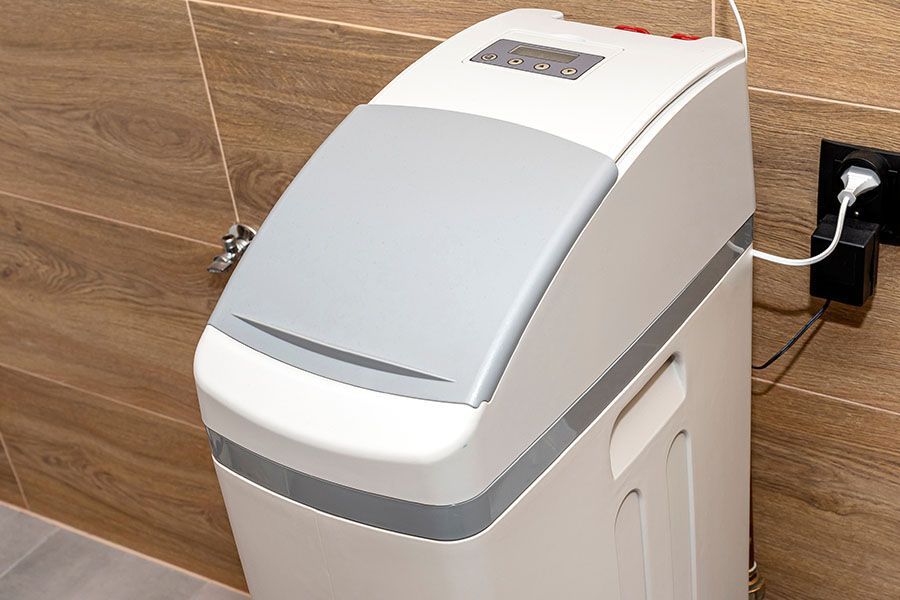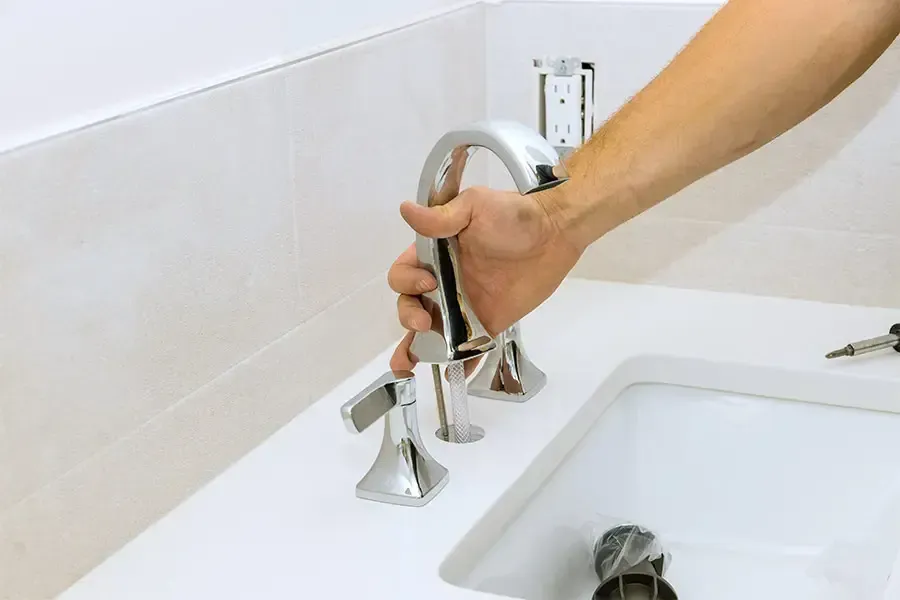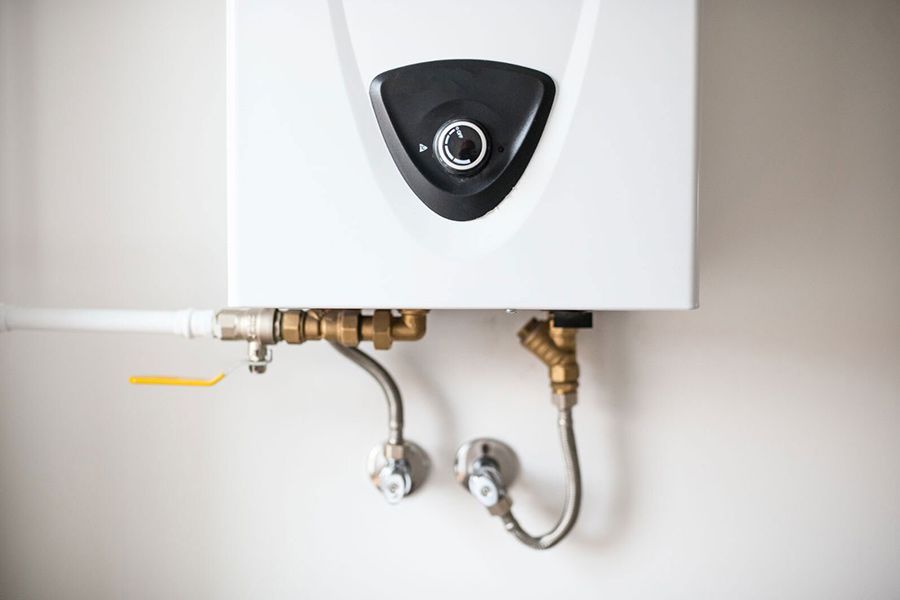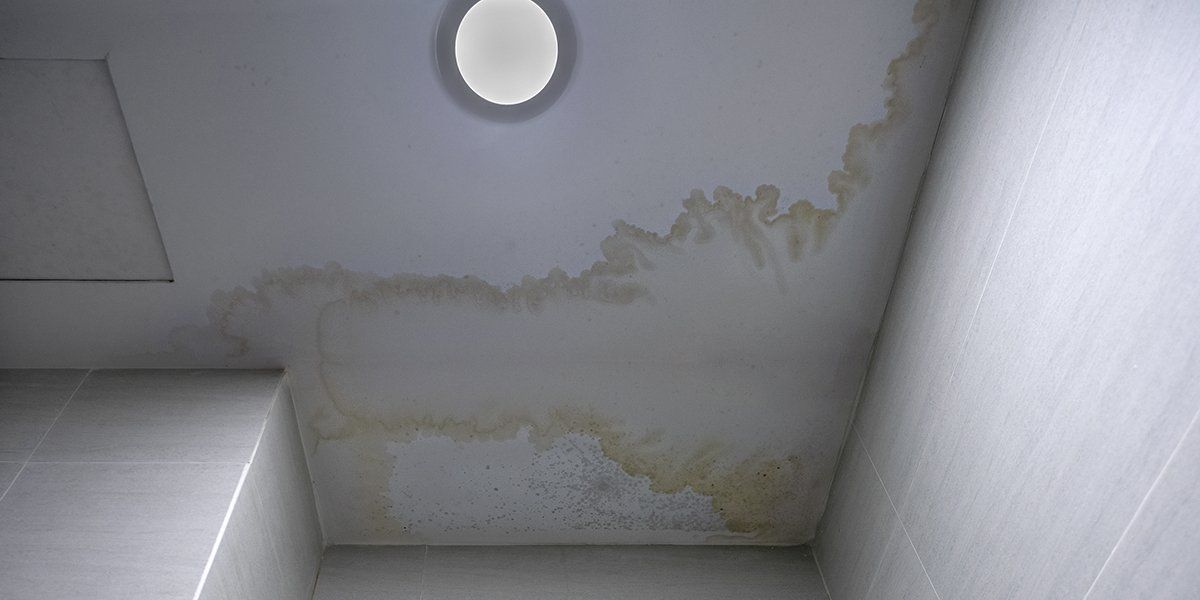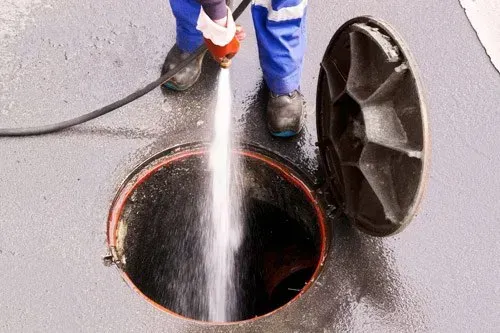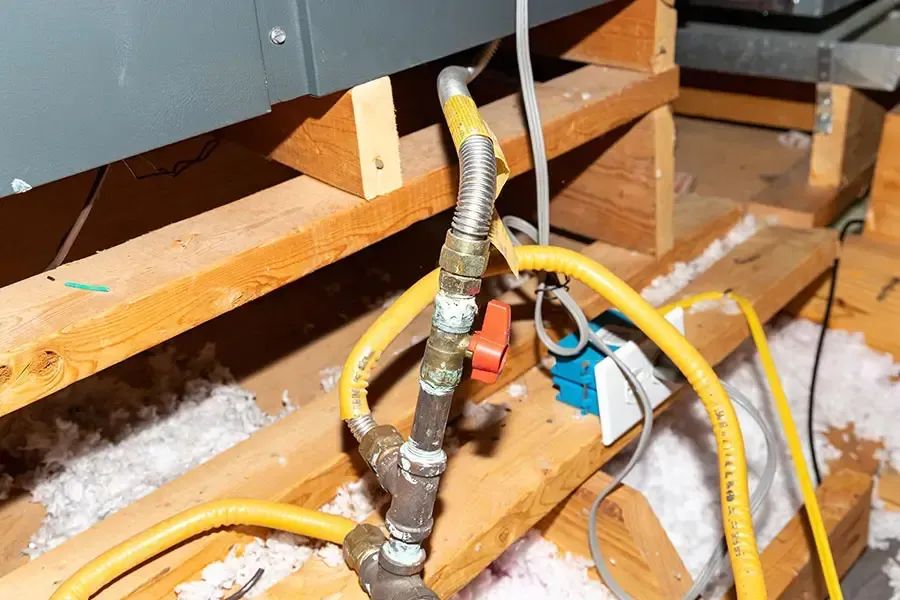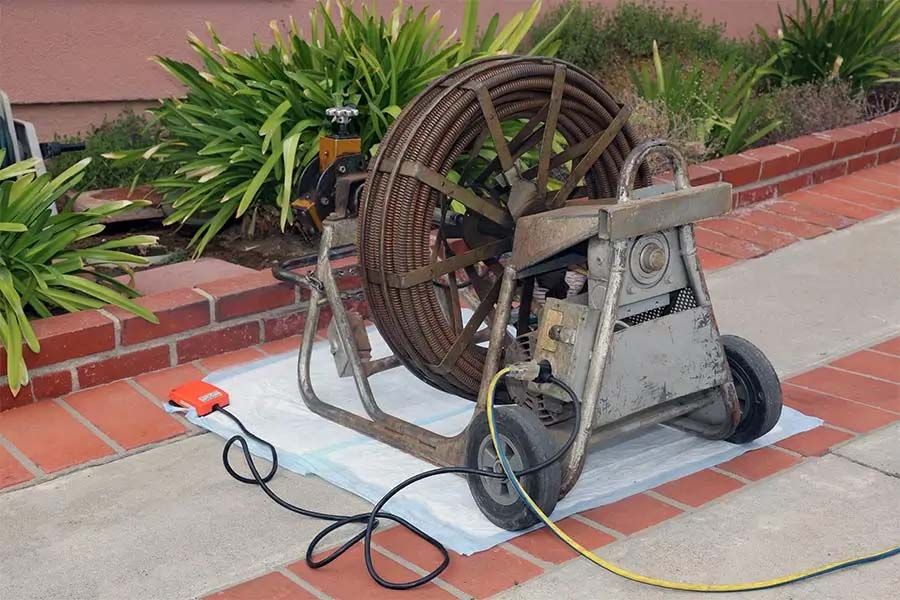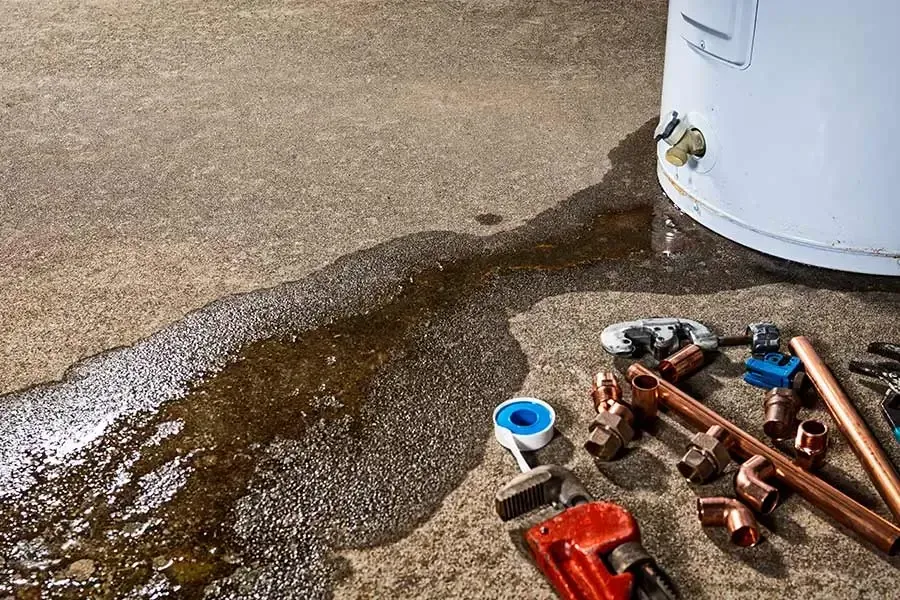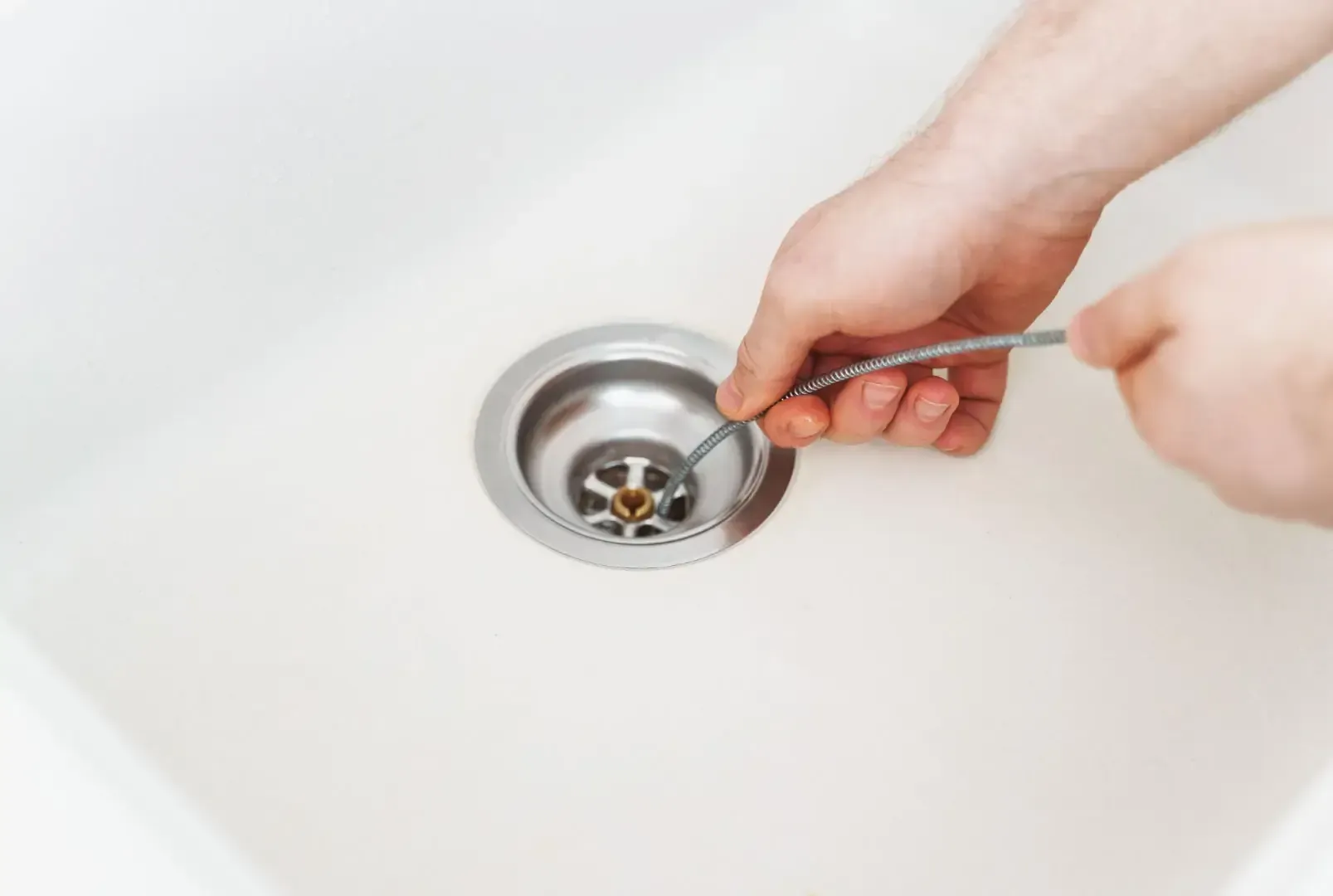Can a Sump Pump Drain Into the Sewer? What Lyndhurst Residents Should Know
Do you have drainage and water flow issues on your property? Call Lyndhurst's plumbers of choice, Formica Plumbing and Sewer Co. at 440-485-3850 for expert assistance!
Customers often ask plumbing professionals, can sump pump drain into sewer line. Discover some of the most critical issues involved in sump pump drainage.
What Sump Pump Discharge and Sewer Lines Do in Lyndhurst
A sump pump is a mechanical device designed to remove water from basements or crawl spaces under buildings to prevent flooding. The pump sits in a pit at a low point under the building. It collects rising water and pumps it away from the structure. The excess water moves through a discharge line connecting the sump pump to some point outside the building.
Sanitary sewer lines safely and efficiently remove waste and wastewater from buildings and transfer it to a larger sewer system for water treatment under tightly controlled conditions. The cleaned water is then useful for other purposes.
Most sewer lines serving ordinary buildings are about 8 inches in diameter and are not usually steeply sloped. Low slopes and smaller diameters mean sanitary sewer lines have a relatively low maximum capacity.
Even though a sump pump can drain into the sewer under ideal conditions, it can fail if excess water enters sewer lines, causing sewage to back up into a building's basement or crawl space. Sometimes, sewage can overflow into toilets, washing machines, or neighboring property.
Reasons Why Sump Pumps Should Not Drain Into a Sewer
Allowing sump pumps to drain into the sewer usually isn't ideal. Consider these reasons why a sump pump should not drain into a sewer.
Legal Regulations
The legal rules for disposing of runoff water and sump pump discharge vary across jurisdictions, usually at the county or city level. Some HOAs in and around Lyndhurst also have strict runoff water and discharge regulations.
In addition to standard prohibitions against dumping runoff water into sanitary sewers, regulations often mandate a minimum distance from buildings where sump pump discharge must be released. Codes ensure that buildings are not affected by excess runoff or standing water caused by faulty drainage designs.
Violating the legal rules for sump pump discharge can result in fines, penalties, and orders to remediate violations. Some jurisdictions can file civil lawsuits to force compliance and collect penalties. HOAs might even be authorized to place liens against property for violations.
The best way to ensure legal compliance is to consult an experienced professional plumber and water removal expert.
Environmental Hazards
Overloading water treatment facilities designed to handle sewage can lead to functional problems, causing only partially cleaned water to discharge into the environment.
When an owner decides to sell a home, routine property inspections can flag a non-compliant sump pump discharge line, impairing the ability to sell the property or pay off a mortgage. As concerns over excess moisture inside buildings and resulting hazards from dangerous mold and mildew have grown rapidly in recent years, inspectors typically carefully examine drainage systems and sump pumps.
Implied Theft of Water
Most utilities consider the volume of water used to calculate monthly water bills. Water systems charge not only for the water used but also for using storm sewers designed to carry away runoff and stormwater.
Water systems cannot account for or bill for water sent through the sanitary sewer system. The resulting loss of water is usually considered an improper conversion — or theft — of the water.
This is another problem that can crop up during inspections as owners are listing their homes for sale. In any event, failure to comply with legal regulations about paying for sewer use often causes rates to go up for the community when some customers do not pay for water use.
Risk of Significant Damage From Sewer Backup
As mentioned, sending large amounts of stormwater discharge into a sanitary sewer line can quickly overwhelm its designed function. The result of a failed sewer directly multiplies the problem sump pumps are intended to address.
Not only could water flood back underneath and potentially into a home, but also raw sewage. The expense involved in properly installing a discharge line is cheap in comparison to the risk involved in a shortcut.
Sump Pump Discharge Lines Should Be Professionally Installed
In light of the risks involved in sending sump pump discharge into a sanitary sewer and the advances made in plumbing capabilities, property owners should always seek the expert advice and service of a licensed plumber to install a discharge line. A qualified expert will carefully inspect your land and propose the best available method and location for discharging water removed by a sump pump.
In general, licensed plumbing and sewer professionals use two methods to discharge water removed by a sump pump correctly.
A discharge line might send water onto the property at an appropriate distance away from structures. An expert can find a location with an adequate slope that fits into the property's general surface water runoff plan.
The other possibility is to direct discharge from the sump pump into drains for storm sewers. These drains are not part of the sanitary sewer system and handle large volumes of runoff water quickly and efficiently. When this option is available, a professional will ensure compliance with stormwater connection regulations, and the water will never have to cross the property's surface.
Choose Formica Plumbing and Sewer Co. In Lyndhurst for All of Your Plumbing and Water Control Needs
Family-owned and operated for over 60 years, Formica Plumbing and Sewer Co. proudly serves the Lyndhurst community and the surrounding region. We operate on the founding principle of unmatched customer service and satisfaction and thorough, straightforward, expert advice.
We hope this post has helped address whether a sump pump can drain into the sewer. We are also often asked, "Should there be water in sump pumps?" and other complex drainage and plumbing questions. We are always ready to help you find the best solution for your family or business.
Call Formica Plumbing and Sewer Co. today at
440-485-3850 for immediate help with sump pump questions and all plumbing needs.
